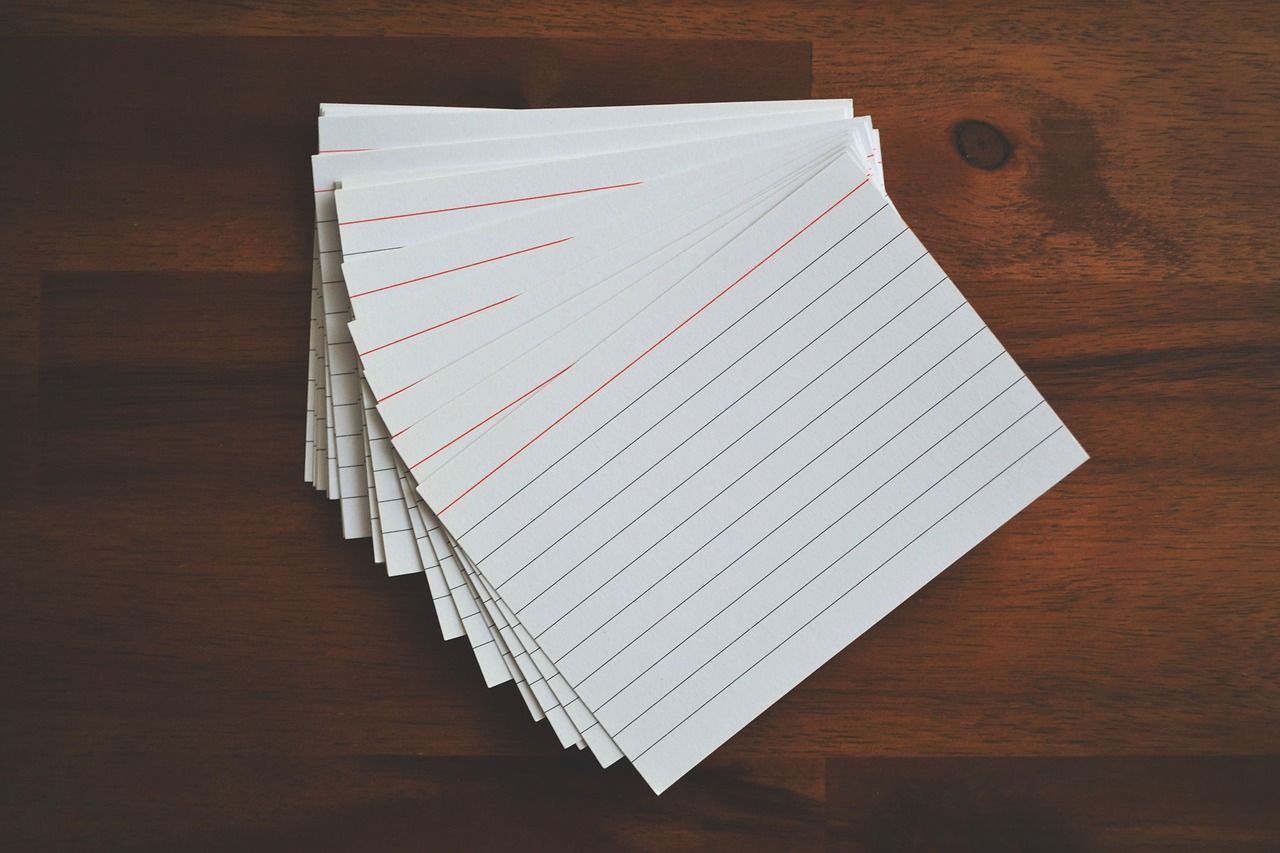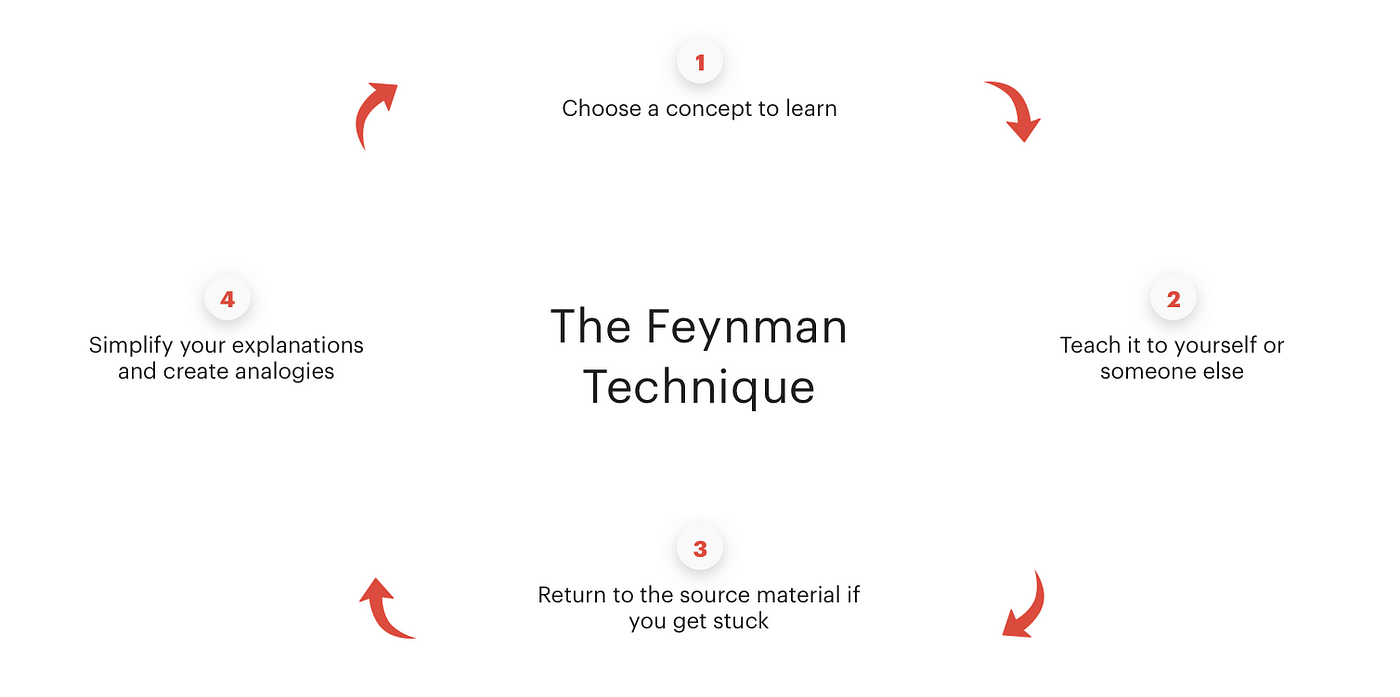The secret spicy sauce for acing your AP exams [#27]
There are a few effective study techniques, and a lot of poor study techniques.
![The secret spicy sauce for acing your AP exams [#27]](/content/images/size/w1200/2023/07/27-clean-1.webp)
I'm a high school student, and I've studied and taken a ton of APs. In fact, I have:
- taken 7 AP courses (Chem, Lang, Phys 1, Calc AB, Stats, Micro, Phys 2)
- taken the official AP exam for all 7 aforementioned AP courses (and scored 4s and 5s on all of them)
- done 15+ full-length practice tests
- completed 2000+ MCQs (multiple-choice questions) in total
- completed 60+ FRQs (free-response questions) in total
And if you're reading this article, you've also likely had your fair share of APs. So as Rick Astley would (probably) say:

Because I've taken and studied for many AP exams, I've learned a lot about the best and worst ways to study for them. Some study techniques, especially the ones you find when searching on Google, are really bad.
So let me set the record straight. I'll start by telling you the worst study techniques first. As you keep reading, the techniques will get better / more useful. And I'll conclude with what I think is the secret spicy sauce to destroy your AP exams.
#5: Reading Your Textbook or Test Prep Book
This also applies to highlighting within your textbook or test prep book. No matter how hard you try to "remember the content" or "connect it all together in your head", it's really not going to work that well at all.
As an example, I want you to imagine that you're in the cockpit of an airplane, watching the pilot fly the plane:

The wonderfully charismatic pilot (who also happens to be a great teacher) can talk you through an entire plane flight, from takeoff to landing, while you listen intently. You won't ever actually fly the plane, though.
But you'd still learn so much from his instruction, right? What if the pilot asked you to fly a route from LA to NYC? Would you be willing to take all of the responsibility of flying the plane, even though you've never done it before??
Of course not! There's a reason why pilots use flight simulators for hundreds, even thousands of hours before they do the real thing. In order to be ready for the real thing, you need to actually practice. And the same is true for the AP exam. If you only ever read about a topic in your textbook without actually applying your knowledge in some way, how well do you think you'll perform on the actual test?
Reading your textbook – without applying your knowledge – is known as passive learning. And passive learning is something you should avoid when you study for your AP exams. Active learning strategies are tremendously more useful.
So if you spend most of your time reading or re-reading your textbook, don't be surprised when the turbulence of the AP exam causes you to panic.
#4: Taking Notes
Taking notes can sometimes be useful – especially if you're trying to understand a concept for the first time. However, you shouldn't use it as a frequent review technique, because taking notes isn't a great way to actively engage with difficult AP content.
As a general rule of thumb, the more closely your practice mirrors the real AP exam, the better. The AP exam does not ask students to make notes – it presents difficult questions that you must answer in a short amount of time.
Additionally, many students make the mistake of reviewing or summarizing their notes, which isn't much better than reading / highlighting stuff in a textbook. If you're going to take notes, make them concise and do not take passive notes (ie. passively transcribing or copying information).
#3: Using Flashcards

Flashcards can be quite helpful, especially for memorization-heavy APs (ex. history APs, AP Psych, etc). But don't rely on them too much.
That's because flashcards are good at exactly one thing: helping you recall information. They are good at practically nothing else. There's no time limit for a flashcard and they can't help you remember extremely complex concepts.
But this doesn't mean flashcards are completely useless. Just use them in moderation, especially if you're taking a memorization-heavy AP.
#2: Teaching your Friends Concepts

This is also known as the Feynman technique, and it's one of the best study techniques. Step 2 (shown above) is absolutely the most important step, because explaining a difficult concept to your friend is the best way to reveal your gaps in understanding.
If you get stuck explaining something or your friend doesn't really get what you're saying, that's a good sign that you don't have a strong foundational grasp of the content you're learning. But once you can teach the concept well, you've practically mastered that concept.
If you have a friend who is taking the same AP that you are, take turns being the teacher / learner. The teacher should use analogies and should simplify the concept as much as possible, whereas the learner should ask clarifying questions and note any incorrect statements made by the teacher.
#1: Completing Practice Questions and Practice Tests
This is the secret spicy sauce. There is literally no better way to prepare for your APs than completing a metric tonne of practice questions and practice tests. There are a number of studies (1, 2, 3, 4) that show completing many practice questions is one of the best ways to study for an exam.
And it makes complete sense that completing practice questions has the highest ROI for test preparedness vs. time. Doing these practice questions and practice tests is the equivalent of getting into a flight simulator. Sure, you'll make mistakes, and maybe crash the plane a few times, but that is the fastest way to identify your weak areas and target them specifically.
Another thing I should emphasize: whenever you complete these practice questions / practice tests, do them under realistic exam conditions.
Realistic exam conditions (noun): no music, outside help or resources. these conditions should mirror the real AP exam as much as possible.
So if you're looking to spend less time studying for your next AP, try doing a ton of practice questions and practice tests. I promise it'll help.
Conclusion
Hey! Thanks for reading this article. If you're looking for more resources for your APs, check out my Gumroad page. Have a great week!
![5 habits to start in 2024 [#51]](/content/images/size/w960/2023/12/prophsee-journals-WI30grRfBnE-unsplash.jpg)
![Anki is quite possibly the best app to ever exist [#46]](/content/images/size/w960/2023/11/gabriel-beaudry-5X5dCf4Pp44-unsplash--1-.jpg)
![A dead simple student productivity system with only 4 components [#43]](/content/images/size/w960/2023/10/matt-ragland-02z1I7gv4ao-unsplash.jpg)
![The tools I use to score well on my APs [#28]](/content/images/size/w960/2023/07/28-feature.jpeg)